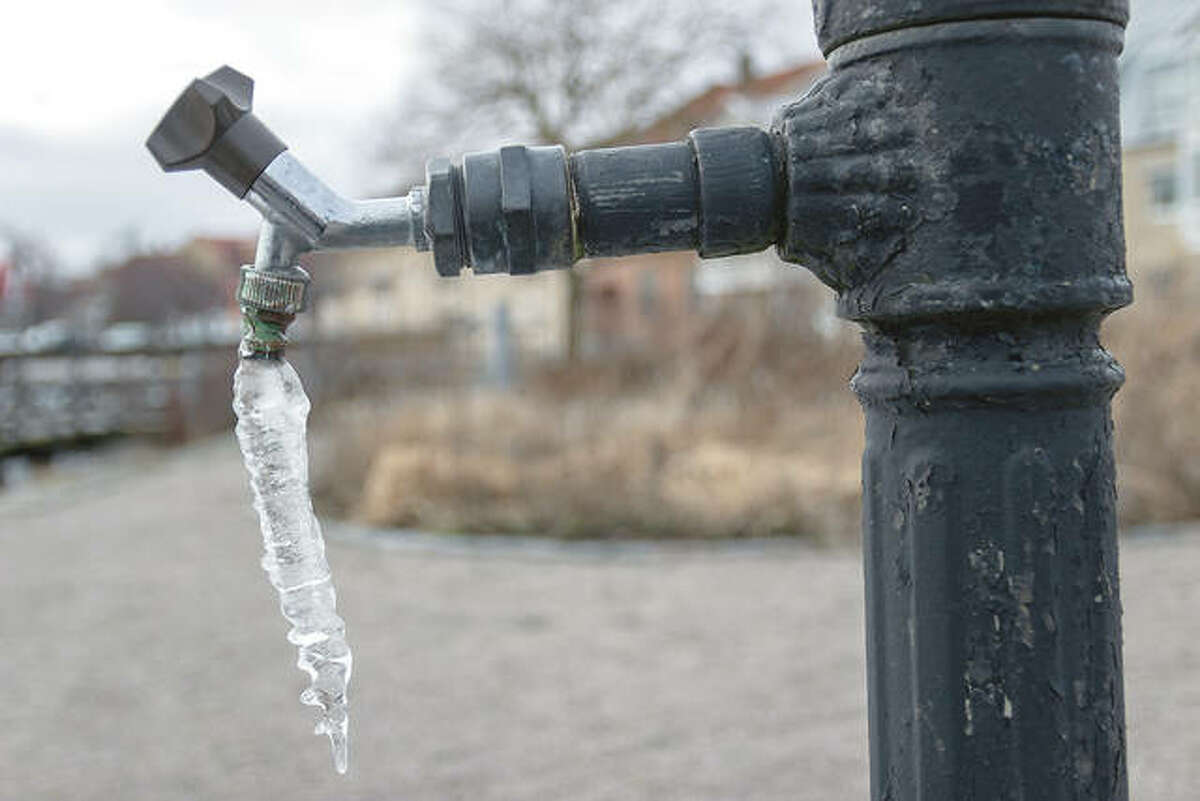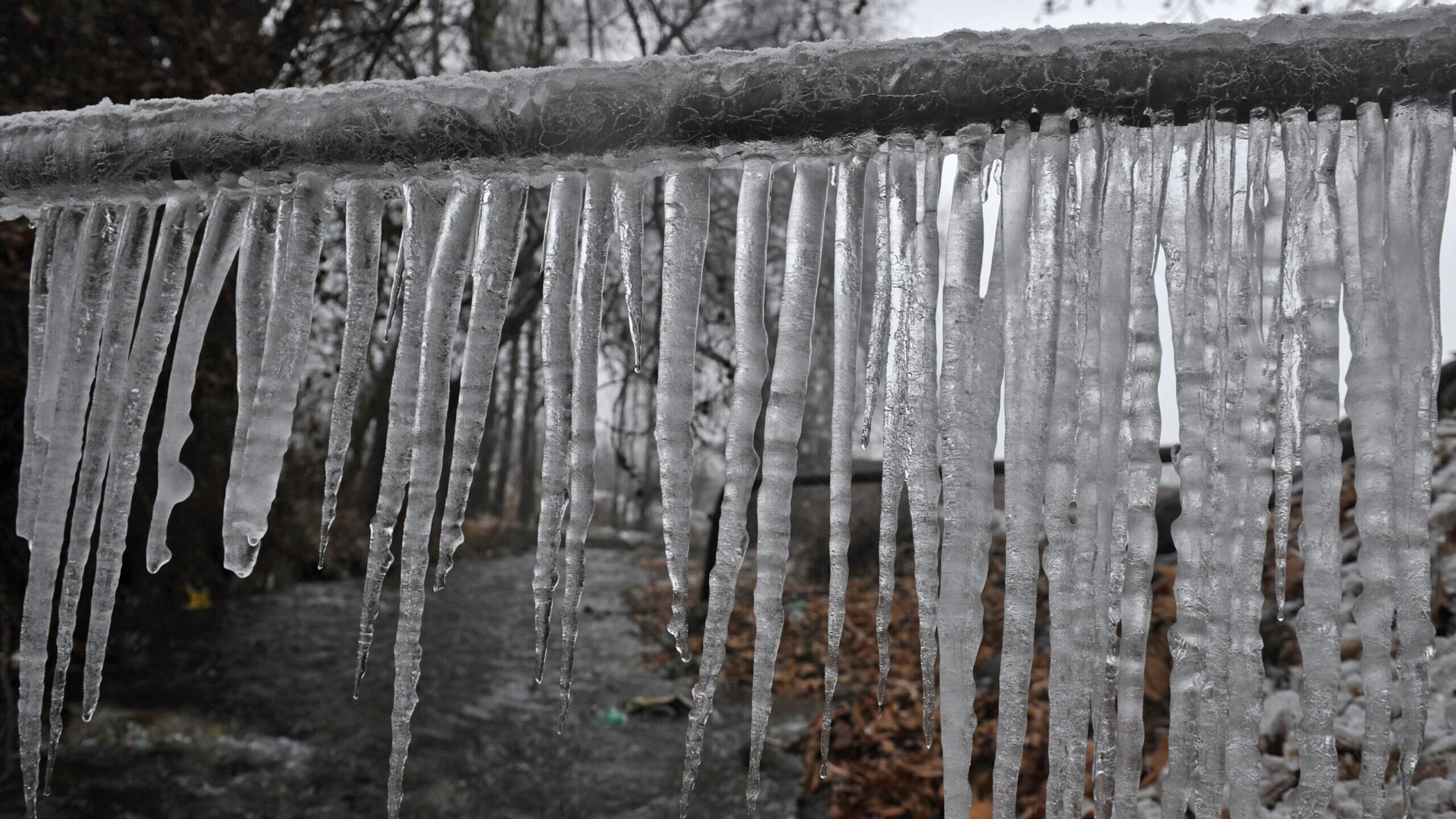Here on the next paragraphs you can locate a bunch of high-quality details involving Preventing and dealing with frozen pipes.

Cold weather can ruin your plumbing, especially by freezing pipelines. Here's just how to prevent it from occurring and what to do if it does.
Intro
As temperature levels drop, the danger of frozen pipes rises, possibly causing expensive fixings and water damage. Comprehending exactly how to stop icy pipes is essential for house owners in chilly climates.
Recognizing Icy Pipes
What creates pipelines to ice up?
Pipelines ice up when revealed to temperature levels listed below 32 ° F (0 ° C) for extended durations. As water inside the pipes freezes, it expands, taxing the pipeline walls and potentially creating them to rupture.
Risks and problems
Frozen pipelines can result in water system interruptions, residential property damage, and costly repairs. Ruptured pipelines can flood homes and trigger considerable structural damage.
Indications of Frozen Piping
Identifying frozen pipes early can avoid them from breaking.
Exactly how to recognize icy pipes
Try to find decreased water circulation from taps, unusual smells or sounds from pipes, and noticeable frost on subjected pipes.
Avoidance Tips
Shielding vulnerable pipes
Wrap pipelines in insulation sleeves or utilize warmth tape to shield them from freezing temperatures. Concentrate on pipelines in unheated or exterior areas of the home.
Home heating strategies
Maintain indoor areas sufficiently heated, especially locations with pipes. Open up cabinet doors to allow cozy air to circulate around pipelines under sinks.
Safeguarding Exterior Plumbing
Garden pipes and exterior faucets
Detach and drain pipes yard hose pipes before winter months. Install frost-proof spigots or cover outside faucets with shielded caps.
What to Do If Your Pipelines Freeze
Immediate activities to take
If you think icy pipes, maintain taps open to eliminate stress as the ice thaws. Use a hairdryer or towels soaked in hot water to thaw pipelines gradually.
Long-Term Solutions
Structural modifications
Think about rerouting pipelines far from outside walls or unheated locations. Include extra insulation to attic rooms, basements, and crawl spaces.
Updating insulation
Buy top quality insulation for pipes, attics, and wall surfaces. Appropriate insulation aids maintain consistent temperatures and decreases the risk of frozen pipelines.
Verdict
Protecting against icy pipelines needs proactive measures and fast actions. By comprehending the reasons, indicators, and preventive measures, property owners can protect their pipes during winter.
Helpful Tips to Prevent Frozen Pipes this Winter
UNDERSTANDING THE BASICS: WHY PIPES FREEZE AND WHY IT’S A PROBLEM
Water freezing inside pipes is common during the winter months, but understanding why pipes freeze, and the potential problems it can cause is crucial in preventing such incidents. This section will delve into the basics of why pipes freeze and the associated problems that may arise.
THE SCIENCE BEHIND FROZEN PIPES
When water reaches freezing temperatures, it undergoes a physical transformation and solidifies into ice. This expansion of water as it freezes is the primary reason pipes can burst. As the water inside the pipe freezes, it expands, creating immense pressure on the walls. If the pressure becomes too great, the pipe can crack or rupture, leading to leaks and water damage.
FACTORS THAT CONTRIBUTE TO PIPE FREEZING
Low Temperatures: Extremely cold weather, especially below freezing, increases the risk of pipes freezing. Uninsulated or Poorly Insulated Pipes: Pipes located in unheated areas, such as basements, crawl spaces, or attics, are more prone to freezing. Insufficient insulation or lack of insulation altogether exacerbates the problem. Exterior Wall Exposure: Pipes running along exterior walls are susceptible to freezing as they encounter colder temperatures outside. Lack of Heating or Temperature Regulation: Inadequate heating or inconsistent temperature control in your home can contribute to frozen pipes. PROBLEMS CAUSED BY FROZEN PIPES
- Pipe Bursting: As mentioned earlier, the expansion of water as it freezes can cause pipes to burst, resulting in significant water damage.
- Water Damage: When pipes burst, it can lead to flooding and water damage to your property, including walls, ceilings, flooring, and personal belongings.
- Structural Damage: Prolonged exposure to water from burst pipes can compromise the structural integrity of your home, leading to costly repairs.
- Mold and Mildew Growth: Excess moisture from water damage can create a favorable environment for mold and mildew growth, posing health risks to occupants.
- Disrupted Water Supply: Frozen pipes can also result in a complete or partial loss of water supply until the issue is resolved.
WHY CERTAIN PIPES ARE MORE PRONE TO FREEZING
- Location: Pipes located in unheated or poorly insulated areas, such as basements, crawl spaces, attics, or exterior walls, are at higher risk of freezing.
- Exterior Pipes: Outdoor pipes, such as those used for irrigation or exposed plumbing, are particularly vulnerable to freezing as they are directly exposed to the elements.
- Supply Lines: Pipes that carry water from the main water supply into your home, including the main water line, are critical to protect as freezing in these lines can affect your entire plumbing system.
- Underground Pipes: Pipes buried underground, such as those connected to sprinkler systems or outdoor faucets, can be susceptible to freezing if not properly insulated.
https://busybusy.com/blog/helpful-tips-to-prevent-frozen-pipes-this-winter/

As a keen person who reads about Helpful Tips to Prevent Frozen Pipes this Winter, I thought sharing that piece of content was worth the trouble. Do you know someone else who is excited by How to prepare your home plumbing for winter weather? Why not share it. Many thanks for your time invested reading it.
Schedule